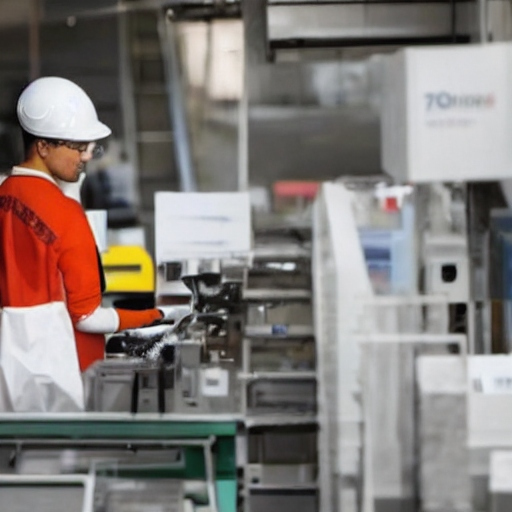According to a recent McKinsey analysis, low-paying jobs in the food industry and customer service are among those that generative AI is most likely to replace by 2030.
Kweilin Ellingrud, head of the McKinsey Global Institute, claims that employment with annual salaries of less than $38,000 are 14 times more likely to be removed by generative AI technology than other kinds of roles.
Occupations [that were previously in-person and had some sort of physical interaction] are moving online and remotely, and it’s also seeing a lot more delivery occupations, according to Ellingrud.
Fast food kiosks and other technologies that allow businesses to run a whole site with a lot fewer personnel will take the place of these occupations. With AI-powered chatbots producing speedy, individualized replies to complex consumer questions, customer support operations may undergo a change. In comparison to human sales reps, generative AI works considerably more swiftly since it can immediately retrieve data for a specific customer.
However, it’s not just low-paying jobs that face automation; according to the analysis, 30% of the hours worked in the U.S. now might be replaced by automation by 2030. 12 million people in industries with declining demand may have to shift jobs within the next seven years in order to attain that 30% threshold.
Although that may seem like a sizable amount, roughly 9 million people have changed employment since the pandemic, which is a rate that is 50% greater than it was prior to the COVID health crisis.
However, Ellingrud noted that while most higher-paying positions requiring a college degree are likely to be altered by AI, they won’t necessarily be mechanized or fully abolished. These occupations include STEM, creative fields, business and law.
A graphic designer, for instance, may utilize AI to create a first draught more quickly and effectively while still utilizing their specialized abilities to make better use of their time. A nurse might spend more time with their patients and spend less time typing medications into a computer.
According to Ellingrud, many professions will become more fulfilling and you’ll have more time to pursue the things that only you can do due to your training and expertise.
Demand for emotional skills
While generative AI increases the productivity of competent workers, employees will need to reskill, or learn how to learn new things, to adjust to these changes.
In the future, there will be more employment available, and those ones will pay more, but they’ll also demand more knowledge, she noted.
Both technological and social and emotional abilities are essential subsets of skills that will be in high demand.
Tech expertise doesn’t always entail coding, but according to Ellingrud, in order to do their duties more effectively, employees must be able to interface with new technology. She claimed that it’s important to have social and emotional skills because they are among the few things that cannot be duplicated by a computer or artificial intelligence (AI).













